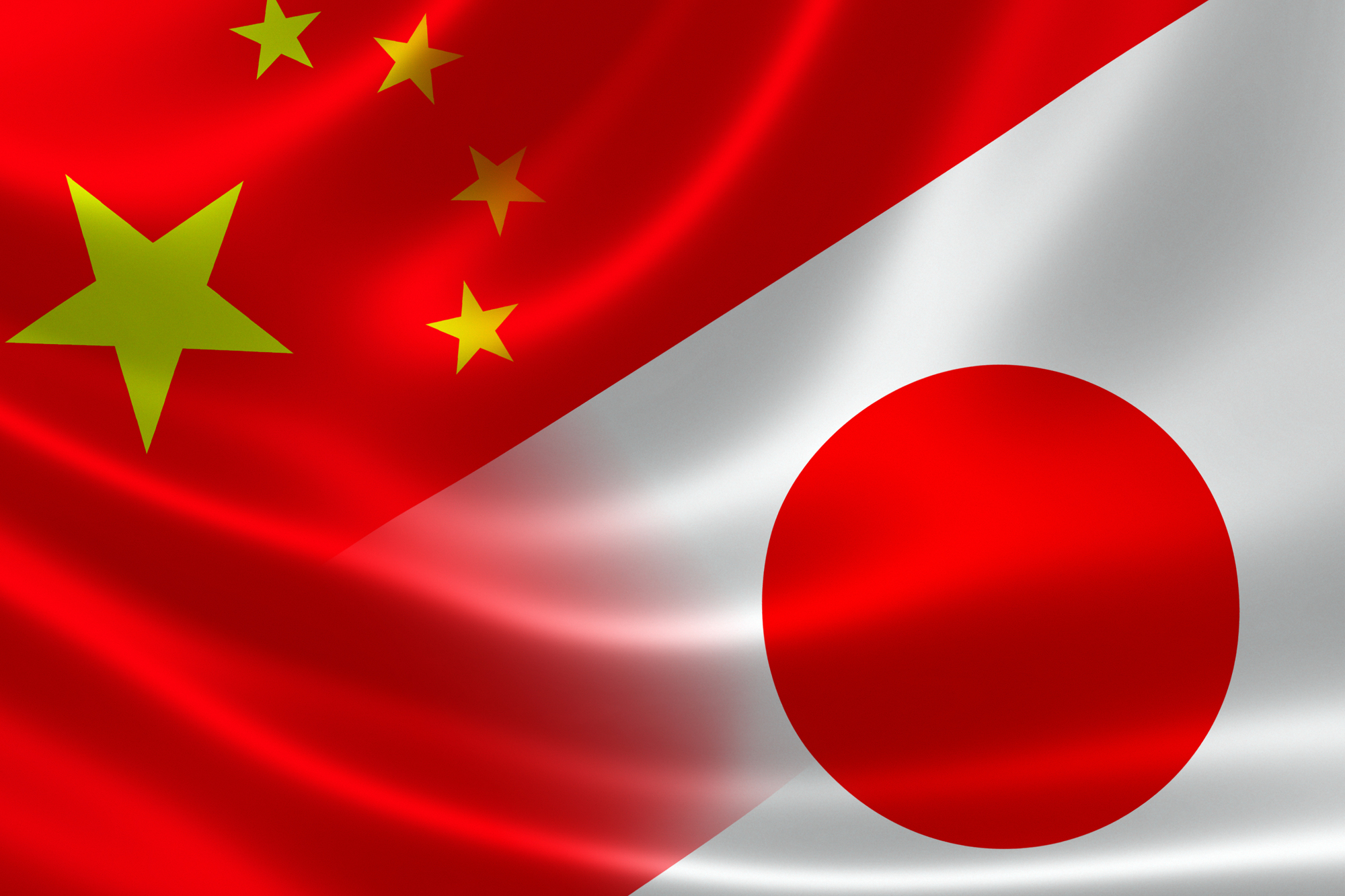Prime Minister Shinzo Abe is about to make history. In late October, he will go to China with the primary purpose of holding formal talks with Chinese leaders, including President Xi Jinping. A top-level bilateral summit with China has not taken place since Prime Minister Yoshihiko Noda went to Beijing in December 2011.
While both leaders have met seven times on the sidelines of various multilateral events, like the regular Group of 20 or Asia-Pacific Economic Cooperation summits, all of the meetings lasted less than an hour. In contrast, the upcoming bilateral talks are poised to mark the start of a fundamental new chapter in Japan-China relations. Abe and Xi have a chance to lay the foundations for a Pax Sinae-Nipponica era.
Timing matters. For Abe, much of his early domestic credibility and popularity stemmed from his "tough on China" stance. In fact, Abe's unexpected comeback to win the Liberal Democratic Party presidential election in September 2012 may be traced to his outspoken patriotism in the face of the bitter disputes over the sovereignty of the Senkaku Islands in the East China Sea. In 2012, Abe captured the imagination of Japan's ruling elite by presenting himself as the only candidate willing to stand up and ensure that Japan would not slip-slide into becoming a colony of China. It was no coincidence that Abe never sought to have a substantial bilateral meeting with Xi until now.



















With your current subscription plan you can comment on stories. However, before writing your first comment, please create a display name in the Profile section of your subscriber account page.